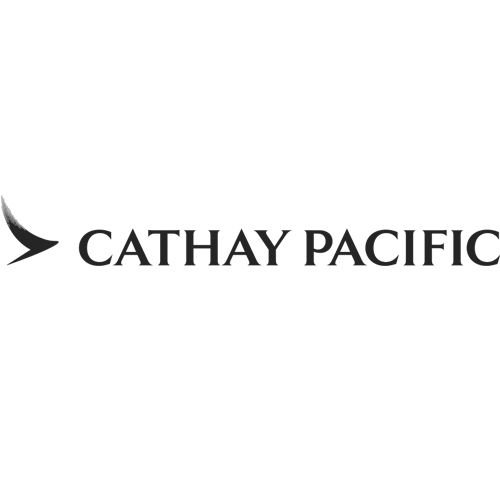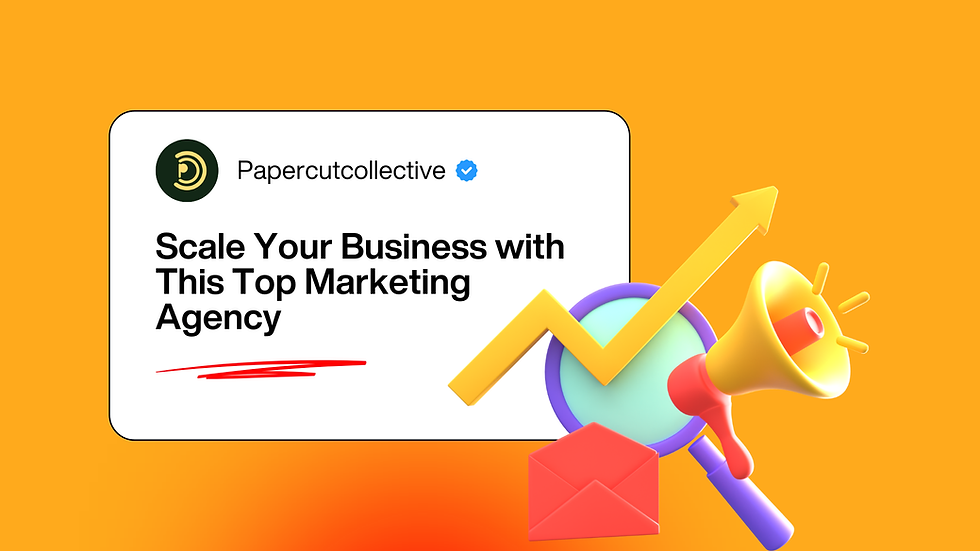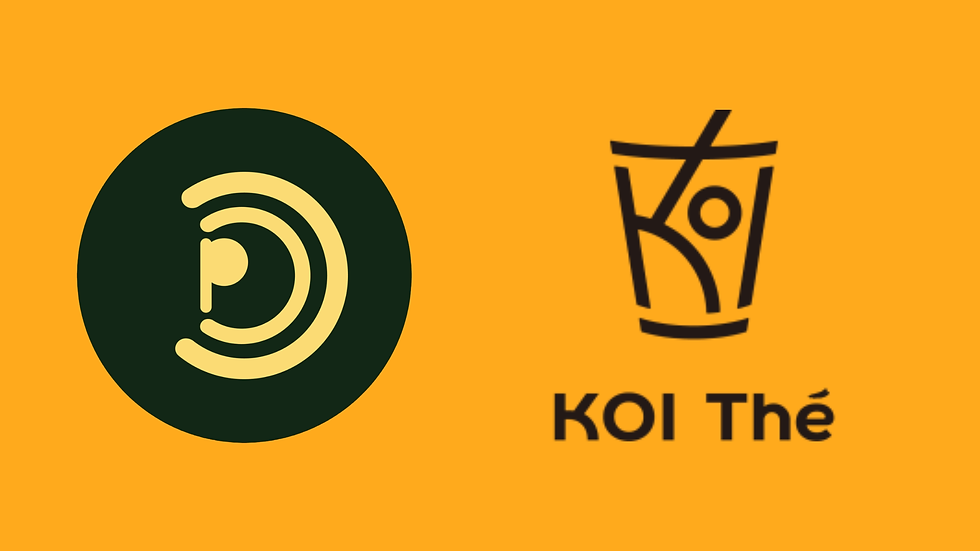Digital Marketing Agency vs SEO Agency in Singapore
- Tsamarah Balqis
- Sep 9
- 6 min read
Updated: Nov 25
If you’re weighing a Digital Marketing Agency against a dedicated SEO Agency in Singapore, you’re really deciding between speed to pipeline and compounding efficiency. One isn’t universally “better.” The right choice depends on your objectives, runway, and the state of your website and analytics.

This guide breaks down the differences in plain English, maps them to common Singapore business scenarios, and ends with two practical 90-day roadmaps you can copy. Clear CTAs included so you can act today not someday.
TL;DR (For Busy Founders & Marketers)
Choose a Digital Marketing Agency if you need results this quarter and can fund media. You’ll validate messaging quickly via paid search/social, then scale what works.
Choose an SEO Agency if your budget is tight but your runway is longer (3–6+ months). You’ll build durable organic visibility and lower CAC over time.
Most brands win by sequencing both: run paid to learn fast and capture demand, invest in SEO company singapore to compound and reduce blended acquisition costs.
What Each Agency Actually Does (No Jargon)
Digital Marketing Agency (Full-Funnel/Growth)
Scope typically includes paid search (Google/Microsoft), paid social (Meta/TikTok/LinkedIn/YouTube), CRO, analytics, email/SMS, and light creative/UGC production. Outcome: Rapid feedback loops (days/weeks), measurable pipeline, and clear pass/fail on offers, audiences, and landing pages. Great for launches, peaks (11.11/12.12, CNY), and aggressive growth targets.
SEO Agency (Organic/Content/Technical)
Scope spans technical SEO agency singapore (site speed, crawlability, structured data), information architecture, on-page optimization, content strategy & production, digital PR/link acquisition, and local SEO. Outcome: Increasing non-brand organic traffic and SERP share of voice, with steadily decreasing long-term CAC. Great for categories where education and trust drive consideration.
Where they overlap: Analytics, content briefs, landing page improvements. Where they don’t: Media buying sits with digital agencies; deep technical SEO sits with SEO specialists.
Time to Value & ROI Windows
Digital (paid): You’ll see signal within 3–14 days and can scale winners by week two or three provided tracking is clean and landing pages are conversion-ready.
SEO services singapore (organic): Most Singapore sites see meaningful uplift between 3–6 months (faster for local SEO pages, slower for competitive national queries). Once momentum builds, it compounds.
Singapore wrinkle: In a compact, high-competition market, CPMs/CPCs spike during retail seasons. Paid lets you ride the wave; SEO ensures you own intent even when bids get expensive.
Cost Structures You’ll Likely See in Singapore
Digital Marketing Agency:
Retainers tied to scope + % of ad spend, or a flat retainer with clear deliverables (campaign builds, creative sets, CRO tests).
Add-ons for creative production (UGC, video edits), landing pages, and analytics projects.
SEO Agency:
Monthly retainer by scope (tech + content + links), sometimes front-loaded for audits/IA work.
Project sprints for technical fixes or content clusters.
Content production may be in-house or outsourced; know who owns quality control.
Hidden costs to plan for: Landing page development, schema and tracking implementation, content design, and any MarTech you’ll need for attribution.
KPIs & Success Metrics (Pick the Right Scoreboard)
Digital Marketing Agency
CAC/CPA, ROAS, MER/blended ROAS, LTV:CAC, conversion rates by funnel stage, lead quality (MQL→SQL→close).
Speed metrics: time to first purchase/lead, learning phase exit, creative burn rate.
SEO Agency
Non-brand organic sessions, rankings by cluster, click-through rate, organic conversion rate, organic revenue contribution, and share of voice for priority keywords.
Quality signals: dwell time, internal linking health, structured data coverage.
Tech Stack & Data Foundations (Non-Negotiables)
Tracking: GA4 with accurate conversion events, server-side tagging where possible, consent/PDPA compliance.
For Paid: Clean product feed (titles, images, availability) for DPAs/Shopping, validated UTMs, CRM integration.
For SEO: Crawlability/log file insights, Core Web Vitals, structured data (e.g., Product, FAQ, Organization), an editorial calendar mapped to keyword clusters and search intent.
Reality check: If your tracking is broken, fix that first. It’s the #1 cause of bad decisions on both paid and organic.
Brand/Category Fit: Who Should You Hire First?
DTC/Ecommerce (AOV ≤ S$80): Start Digital to acquire fast via Google Shopping/Search and Meta Advantage+ Shopping; layer SEO for category/collection pages and evergreen content that reduces reliance on ads.
Considered Purchases / Lead Gen (B2B, healthcare, home services): Start Digital to validate offers and capture high intent (Search + Lead Ads). Use SEO to build authority and answer problem-based queries.
Local/Bricks-and-Clicks: Prioritize Local SEO (GMB/Maps pages) while running Search Ads for near-me intent; retarget on Meta/TikTok.
New Brand with Zero Baseline: Run a 90-day Digital “discovery sprint” to learn messaging fast, while an SEO team sets up IA, technical hygiene, and a content cluster to compound.
What Can Go Wrong (and How to Avoid It)
Digital pitfalls: Creative fatigue, channel cannibalization (search brand campaigns “stealing” organic), and sloppy attribution leading to over- or under-spend.
Fix: Weekly scorecards, creative test charters, strict naming conventions, and blended dashboards.
SEO pitfalls: Thin content, slow dev cycles, risky link schemes that cause more harm than good.
Fix: Editorial quality gates, a prioritized technical backlog, and white-hat outreach with brand-relevant placements.
Cross-channel blind spots: Paid and SEO run in silos, so learnings don’t transfer.
Fix: Shared keyword and creative insights, monthly joint reviews, and a single source of truth for performance.
Decision Tree (Choose Your Starting Point)
Need pipeline this quarter + have ad budget? → Start Digital Marketing. Launch Search + Meta/TikTok with tight offers and conversion-ready landing pages. Begin SEO technical fixes in parallel.
Tight budget + longer runway? → Start SEO. Ship technical fixes and a content cluster targeting high-intent keywords. Add modest Search Ads to harvest immediate demand.
Existing traffic but low conversion? → Bring in a Digital team for CRO and funnel clean-up; engage SEO to restructure IA and improve internal linking and intent alignment.
Heavy technical debt (slow site, messy structure)? → Fix with an SEO audit sprint before scaling paid. Otherwise, you’ll buy traffic that bounces.
Sample 90-Day Roadmaps (Copy & Adapt)
A) Digital-First (with SEO Foundations)
Week 1–2: GA4/GTM audit; define conversion events; build Search campaigns around high-intent terms; launch Meta Advantage+ Shopping (ecommerce) or Lead Ads (services); draft 2–3 creative angles. Week 3–4: Launch tests; set guardrails for CPA/ROAS; stand up retargeting (7/14/30 days). SEO runs a technical audit and locks IA priorities. Week 5–8: Scale winners 20–30%; start CRO tests on headlines/social proof/forms; publish a pillar + 2–3 support articles; implement schema. Week 9–12: Add TikTok/YouTube (if relevant); refresh creatives; expand SEO clusters; build internal links; begin ethical outreach for links.
Goal: Achieve paid efficiency while laying the SEO groundwork to lower blended CAC over time.
B) SEO-First (with Paid Boosters)
Week 1–2: Technical audit; keyword clustering; IA map; content calendar; fix mission-critical issues (indexation, page speed, canonicalization). Week 3–6: Publish pillar pages (category, comparison, problem-solution) and support articles; set up Local SEO; add structured data. Week 7–12: Launch low-budget Search Ads for high-intent capture; run CRO on top organic pages; ethical outreach for links; tighten internal linking.
Goal: Build durable organic growth; use paid to accelerate the strongest pages and queries.
Case-Style Scenarios (No Fabricated Numbers)
Ecommerce Snacks: Digital ads (Search + Meta) drive quick trials during a new flavour drop; SEO builds a “best snacks in SG” content cluster and optimizes collection pages. Outcome: rising repeat rates and lower blended CAC as organic kicks in.
B2B SaaS: Digital validates messaging via Search + LinkedIn; SEO builds topical authority around pain-point hubs and competitor comparisons. Outcome: fewer but higher-quality SQLs, stronger close rates.
Clinic/Service: Local SEO secures Maps visibility; Search Ads capture high-intent appointments; content answers common procedures/risks. Outcome: steadier bookings and diversified demand beyond ads alone.
FAQs (Singapore Search Intent)
Is a digital marketing agency better than an SEO agency? Neither is “better” in all cases. If speed and testing matter most, start Digital. If long-term efficiency matters and you have runway, start SEO. Best results come from sequencing both.
How long until SEO pays off vs paid ads? Paid can show signal in days/weeks. SEO usually needs 3–6 months for meaningful uplift (faster for local intent, slower for national competition).
Can one agency do both well? Some can, but many teams have a true core. Evaluate portfolios, the seniority of the people on your account, and how they prove impact (not just outputs).
What budget should I start with in SG? Budget enough to reach statistical significance. It’s better to test fewer campaigns thoroughly than to spread thin and learn nothing.
How do I measure blended performance (paid + organic)? Track channel-level KPIs alongside blended CAC/ROAS. Share keyword insights across teams. Use post-purchase surveys to capture assists.Final Recommendation (And Your Next Step)
If speed to pipeline is the priority and you can fund media, start Digital Marketing now and lay SEO foundations in parallel.
If efficiency and durability matter more and you have time, start SEO and add paid to accelerate validated pages and offers.
Either way, align both teams on shared data, shared learnings, and a blended KPI that reflects reality not channel silos.
Want a Singapore-specific plan you can launch in 2 weeks?
👉 Book a free 20-minute audit at papercutsg.com. We’ll map your starting point, the right sequence (Digital vs SEO), the first tests to run, and the dashboard to keep everyone honest.

.png)
.png)
.png)



























.jpg)